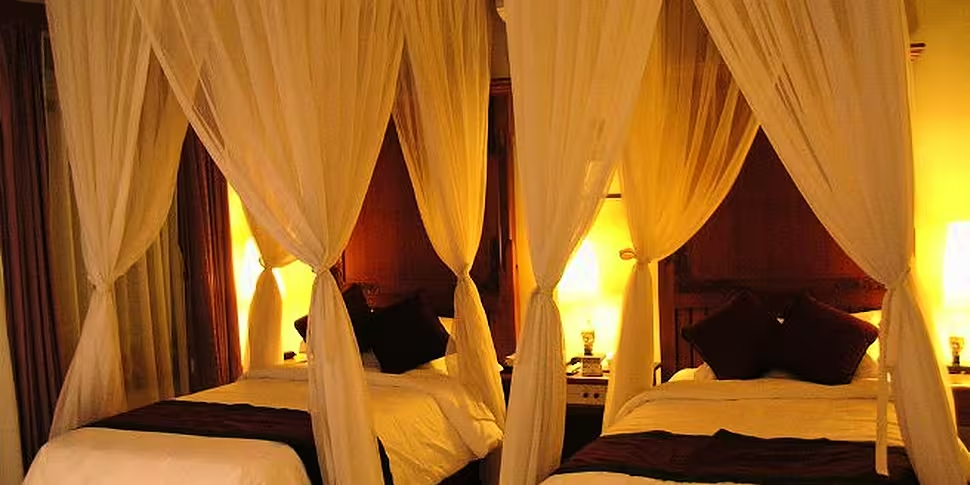Danish travellers are the most honest hotel guests while Ireland ranks 13th out of 29 countries surveyed. Data from Hotels.com has revealed that 10% of Irish people admit to taking linens and towels from their hotel room while 6% admit to taking a robe.
But 3/4 of Irish people say they have never pocketed anything.
In-room magazines, books, linens and towels are the main focus for sticky fingered travellers. But bathrobes, pillows, electronics, irons and even in-room furniture such as lamps and alarm clocks have also gone missing.
- 75% of Irish travellers say they have never pocketed anything from a hotel room
- 10% of Irish people admit to taking linens and towels from their hotel room
- 6% admit to taking home a robe from their room
- Globally magazines and books are the most popular item to take home
- The Danes top the poll as the most honest nation while Ireland ranks a modest 13th
- Globally 35% of people admit to taking items from their hotel room
According to the poll, Ireland is the 13th most-honest nation out of a possible 29 surveyed. Danish hotel guests are the most honest with 88% saying they have never removed anything from a hotel room while Dutch travellers are a close second with 85%. Globally 65% say they have never taken an item from a hotel room.
See how other countries rank below:
Alison Couper from Hotels.com said "While we all love that holiday feeling, it seems travellers in some countries are taking this a bit too far by removing a wide variety of items from their hotel room to take home with them as a memento of their stay".
"We should applaud the Danes as the most honest nation in resisting temptation, closely followed by the Dutch and Norwegians – assuming all respondents were honest when completing the survey" she added.
While more than a third of global travellers admit to removing hotel items, there are a few niceties that guest are willing to pay for: a room with a view (29%) and a balcony (17 %) came out on top.
The survey was conducted in January using an average based on a sample size of more than 8,600 respondents across 28 countries and cities.










